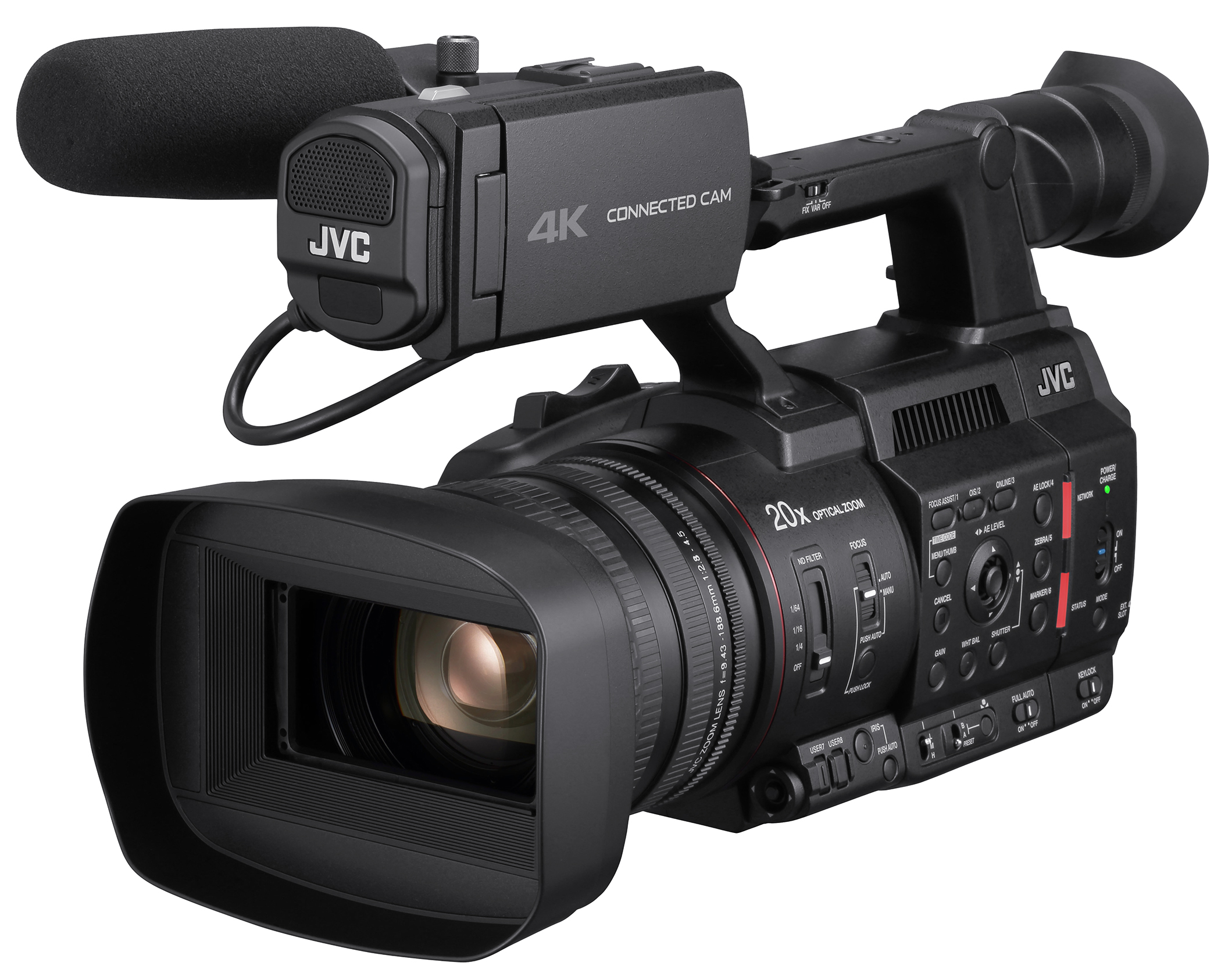In this world, nothing is certain, except death and taxes—and, of course, Dante and maybe NDI. I’m pretty sure that’s what Benjamin Franklin wrote back in 1789.
Very few products or technologies ever reach the level of market saturation and/or cultural relevance to be designated as “ubiquitous.” Xerox, for example, became synonymous with copy machines; the brand name even became a verb. Back in the archaic days when people used videotape to record television programs or buy movies for home collections, VHS dominated the market. Even today, say “Chyron” to a video production professional and they know you mean graphics, even if they use a different CG.
[Editorial: All Signage Points to Growth]
Zoom came pretty close to ubiquitous status during the pandemic, but I’m not convinced that will hold. The competition from Teams, Meet, Webex, and others has become formidable at this point. The fact that companies tout certification of their products for more than one platform speaks volumes.
You could make the argument that Dante is already there. Launched in 2006, it has basically cornered the networked digital audio market. According to Aidan Williams, Audinate CEO and co-founder, about 3,300 products from close to 500 manufacturers use Dante. Seems pretty ubiquitous to me.
NDI wants to be ubiquitous, too, but it’s not there yet. NewTek unveiled its low-latency, AV-over-IP solution in 2015. Since then, NDI has been building its popularity, partnerships, and ecosystem. (Version 5.5 was announced last August.) Last year, NDI’s Suso Carillo told me the protocol is becoming a de facto standard.
“The ultimate long-term goal is for NDI to become the video standard in the worldwide video industry,” he said. “In the short term, we’re looking to boost adoption in both the broadcast and Pro AV industries, but also explore other verticals where NDI is used, like in healthcare and corporate.”
Is the strategy working? Well, let’s look to JVC Professional Video for an answer. In February, the company announced three new CONNECTED CAM broadcast cameras. CONNECTED CAM was launched back in 2018. This is a mature product line that already features built-in low-latency streaming options, 4K image capture, the works—what feature could they possibly need to add?

NDI, that’s what. And that’s exactly what the company is touting with its latest models. It’s even offering current CONNECTED CAM owners the option to send in their old units for an authorized NDI manufacturer modification. JVC has obviously decided the licensing fee is less expensive than losing potential customers looking for NDI solutions.
Are there other options out there? Of course. There’s more than one way to skin a cat or send video over existing IP networks in real time. SDVoE, IPMX, SMPTE ST 2110—you’ve got plenty of AVoIP options, and they all have their selling points and limitations. Dante has even branched out to get in the AVoIP game, recently announcing its Dante Studio 2.0 software update.
Until such time as ol’ Ben Franklin tells us otherwise, NDI is where many manufacturers are placing their bets. Unlike Dante, however, NDI is facing serious competition from alliances and other manufacturers. It will be interesting to see if any AVoIP protocol can reach VHS status in the coming years.

